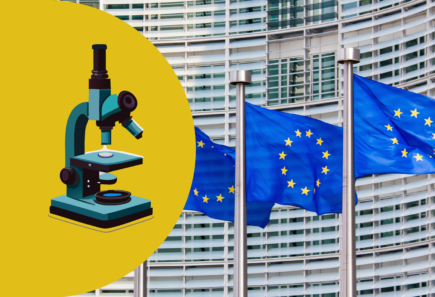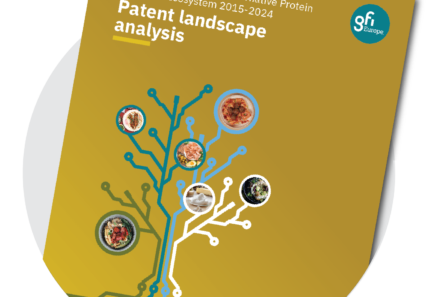
FP10 research programme: How Horizon Europe’s successor can unlock food innovation
Madeleine KoskullPolicymakers planning to shape the future of European research through FP10 – the successor to the EU’s flagship Horizon Europe programme – have a golden opportunity to capitalise on the expertise being developed by a growing network of food innovators.









